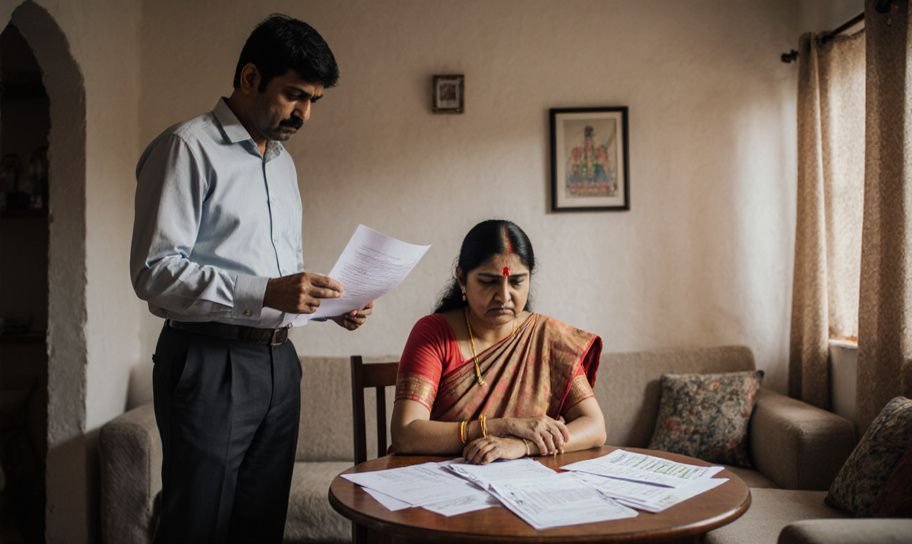
Let’s dive into a case where things got a bit tangled up in legal procedures. The Bombay High Court recently canceled an order related to maintenance payments because the wrong legal path was taken. Here’s what happened.
Nischal Sontakke filed a request against his wife, Jyoti Sontakke, in the Nagpur Bench of the Bombay High Court. The case was overseen by Judge M. M. Nerlikar.
Nischal and Jyoti got married on April 15, 2021. Things didn’t go well, and Nischal asked for a divorce, but his request was turned down on April 2, 2012. Meanwhile, Jyoti had filed a complaint under the Protection of Women from Domestic Violence Act in 2007, which led to a maintenance order of Rs. 3000 per month.
Jyoti wasn’t happy with the amount and asked for more. The maintenance was increased to Rs. 4000 in 2016. Still, she wasn’t done. She asked again, and in 2018, the amount was raised to Rs. 6000. But Nischal wasn’t happy with this and took the matter to the High Court.
Nischal’s lawyer argued that the way Jyoti asked for more maintenance was not legally correct. The maintenance was initially given under the Domestic Violence Act, but Jyoti used a different legal rule (Section 127 of the Code of Criminal Procedure) to ask for more money. This wasn’t the right way to do it.
"The procedure adopted was unknown to law," argued Nischal's lawyer.
Judge Nerlikar agreed with Nischal. The court found that Jyoti’s approach was incorrect because she didn’t follow the proper legal steps. The court decided that the previous orders increasing the maintenance were invalid.
Even though the court canceled the previous orders, it didn’t leave Jyoti without support. The judge ordered Nischal to pay Rs. 5000 per month as a temporary measure until Jyoti can file a new, proper request for maintenance.
"In the interest of justice, an interim arrangement is set," said Judge Nerlikar.
Jyoti now has the option to start a new legal process under the correct Act to seek maintenance. This case highlights how important it is to follow the right legal procedures to avoid canceling court orders.